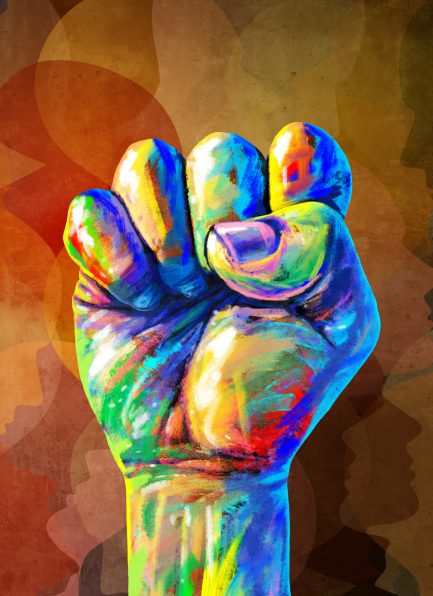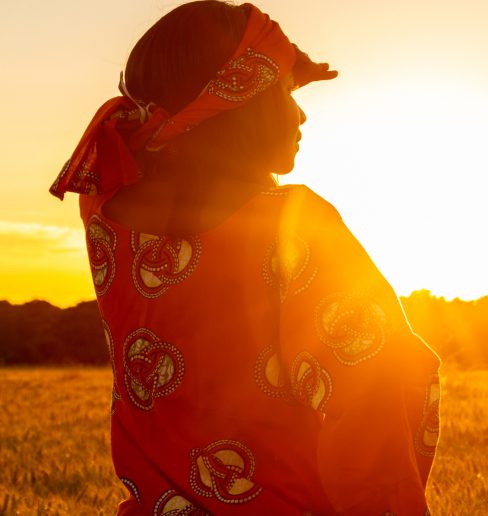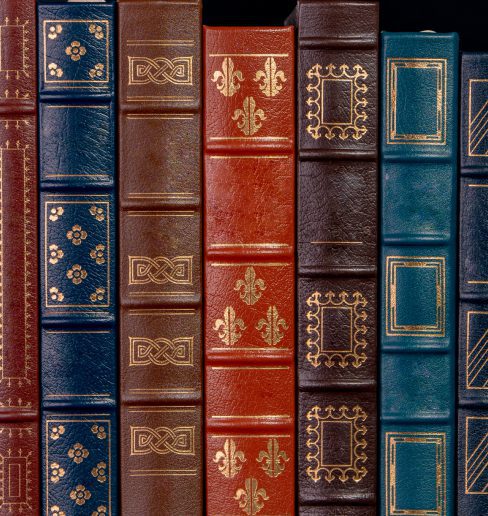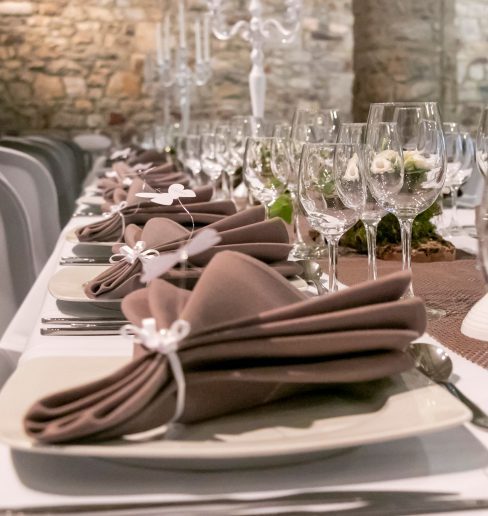Slavery and McGill University: Bicentenary Recommendations
The bicentenary of McGill University was 2021. Despite being the direct result of James McGill’s – enslaver and West Indian merchant – £10,000 bequest, university officials had never acknowledged, critically examined, or redressed these histories and the anti-black, anti-indigenous racism upon which McGill University was founded when these recommendations were first published in July 2020. These recommendations were produced within the context of Prof. Charmaine A. Nelson’s winter 2020 undergraduate course, a seminar entitled: “James McGill was a Slave Owner: Slavery and the History of Universities”. As the bicentenary of McGill University approached (2021), it became apparent that McGill’s upper administration was not going to capitalize upon this important milestone to strike a task force or working group to investigate the university’s profound and indisputable historical links to slavery. In the absence of such leadership and support, Charmaine took it upon herself to work with her dedicated McGill students to produce these recommendations. The nineteen students who enrolled in this class (eighteen undergraduates and one PhD) demonstrated a level of commitment, not merely to academic engagement, but to social justice, far beyond the average university student. However, this groundbreaking research is not meant to replace the long-overdue internal work that the leadership of McGill University still needs to undertake.




